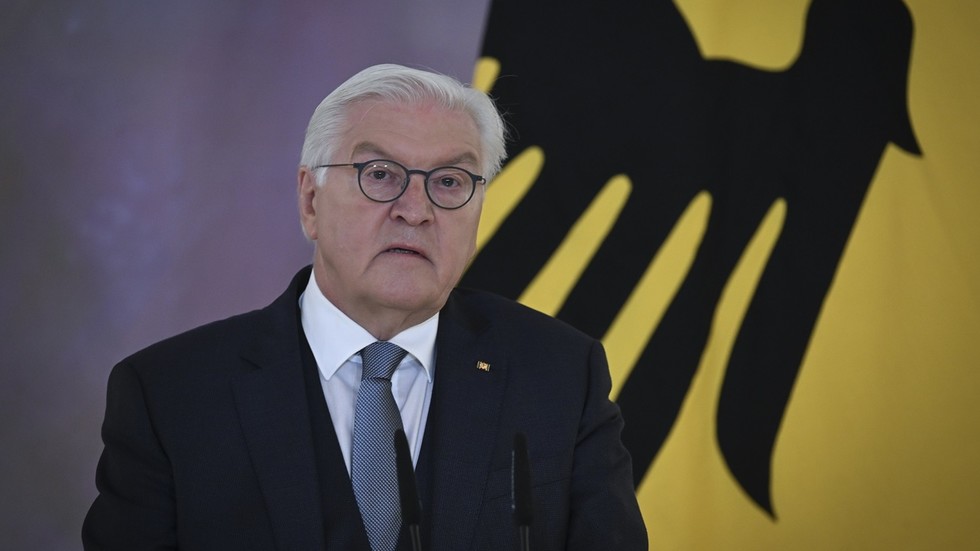A rare snap election will be held in February, as critics of Western funding for the Ukraine conflict gain public support
German President Frank-Walter Steinmeier ordered the dissolution of the federal parliament on Friday, following the collapse of the country’s ruling coalition. Mainstream parties in Germany are facing pressure at the ballot box from critics of Berlin’s support for Ukraine.
A snap election has been scheduled for February 23, when German voters will choose their new representatives. The date was agreed in advance by the main political parties, according to media reports.
A three-way coalition led by Chancellor Olaf Scholz collapsed in early November amid internal disputes over spending priorities. On December 16, the German leader lost a confidence vote in the Bundestag, heralding the end of his tenure at the helm of a minority government.
“I am convinced that for the good of our country new elections are the right way,” Steinmeier told the public, after reporting that consultations on a possible new coalition agreement between current factions had failed.
A parliamentary election in Germany was originally scheduled for late September 2025. Since World War II, the Bundestag was previously dissolved early on only three occasions: under Chancellor Willy Brandt in 1972, Helmut Kohl in 1982, and Gerhard Schroeder in 2005.
The EU powerhouse is currently experiencing political turbulence, as its economy struggles to overcome stagnation. Non-mainstream parties, including the right-wing Alternative for Germany (AfD) and left-wing Sahra Wagenknecht Alliance (BSW) have scored several successes in regional elections recently, upsetting the balance of power in the country.
Both parties stood out on the political landscape by calling for a reevaluation of Berlin’s foreign policy, including its support for Kiev against Russia. Germany is the world’s second-largest national provider of assistance, including weapons supplies, to the government of Vladimir Zelenksky, after the US.
You can share this story on social media:
Read the full article here

